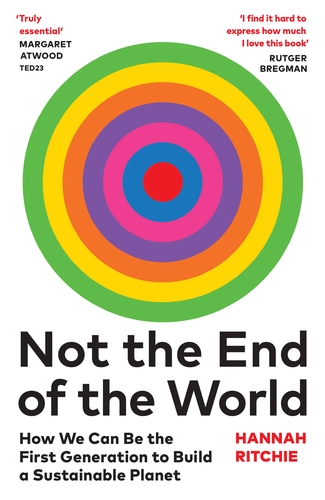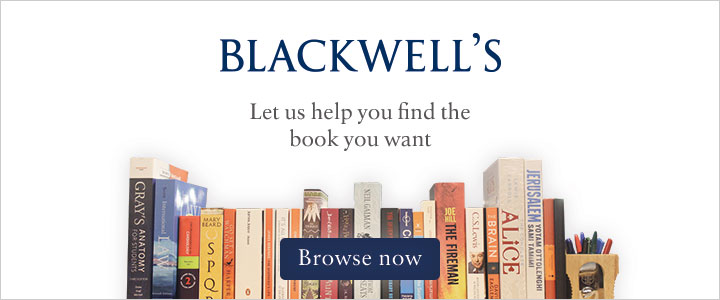
This is a very good book and a much needed antidote to the confident prognostications of doom and gloom. Sometimes I think it is slightly over optimistic, because the future does strike me as pretty worrying, but without hope for a better, or at least less apocalyptic, future, then there is little incentive to take the actions that we desperately need to take. I recommend that many people read this book, carefully and critically, and seek out the references too.
The sensible and pretty clear accounts in the text are let down by some of the words on the cover, in my opinion. If I hadn’t had this book recommended to me, then the cover might have put me off. Here is an example from the back cover that I found offputting:
MYTH: we are the last generation before disaster becomes inevitable.
FACT: we could be the first generation to build a truly sustainable planet.
Why does that affront me so? Because the ‘myth’ is a firm statement and the ‘fact’ is an admirably vague one. We could rewrite them thus:
MYTH: we will be the first generation to build a truly sustainable planet.
FACT: we could be the last generation before disaster becomes inevitable.
To my mind, the truth lies between the two ‘myths’ and between the two ‘facts’ and this book is a very good guide to thinking about where we lie at the moment and what we should do about it.
The text deals with eight very important subjects; sustainability, air pollution, climate change, deforestation, food, wildlife, ocean plastics and overfishing. In all cases the text is encouraging and offers hope, but it offers hope through action, some individual action, but lots of collective action through government and international policy.
The author identifies two powerful ideas that won’t solve our problems (actually they probably would but they’d leave us in different messes) and those are reducing human population and ‘degrowth’. I am already alongside the author on the first subject but her book brought me several steps closer to her on the latter.
There is an obvious snag in telling people that things are bad but not quite as bad as some people say and that is that there isn’t enough action now, and might those already inactive just put off necessary action even longer if we don’t speak of doom all the time. Maybe, but this book is a a largely successful attempt at telling the truth very clearly and that must be the right thing to do.
This is a fine book. It is a book that needed to be written and I thank the author for doing such a good job. Now it needs to be read and heeded.
The cover? Quite difficult to design a cover for something that isn’t going to happen and this one is fine – clean and attractively colourful. I’d give it 8/10.
Not the end of the World: how we can be the first generation to build a sustainable planet by Hannah Ritchie is published by Chatto and Windus.
Buy direct from Blackwell’s – a proper bookshop (and I’ll get a little bit of money from them)
[registration_form]